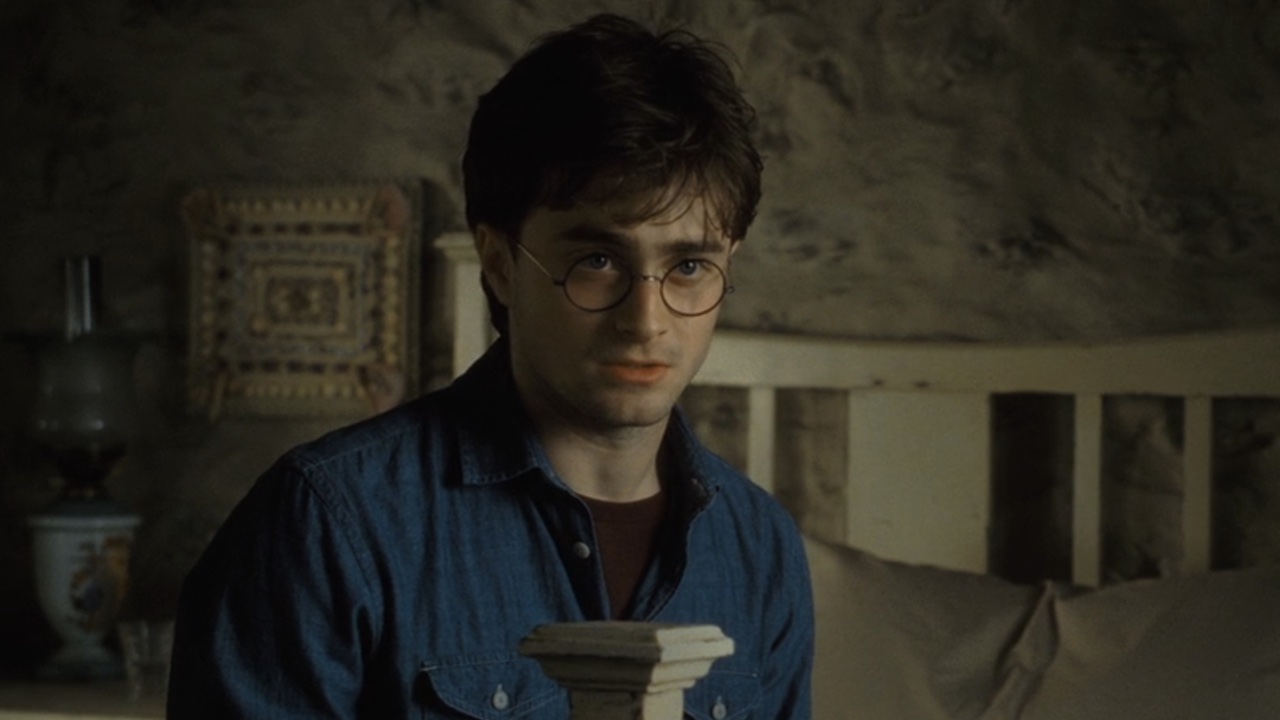When watching commercials for prescription drugs, it’s hard not to snicker. They feature old men skipping gleefully in the sand after discovering Viagara, or women smiling on dates because they’ve avoided an outbreak of genital warts. Afterwards, the commercial is followed by a disclaimer saying, “May cause seizures, deformities, deaths, and psychotic breakdowns”. Not exactly a glowing endorsement, but the fine print is there to protect us against huge corporations exploiting our health for big bucks. That happens all the time anyway, but every little bit helps.
The Constant Gardener, based on a novel by John le Carre, is the amazing story of a couple’s fight to expose the immoral actions of the pharmaceutical industry. Justin Quayle (Ralph Fiennes) is a diplomat for the British High Commission, with an effeminate fondness for gardening. One afternoon, while delivering a speech in favor of the United Nations to a political council, a passionately spunky activist named Tessa (Rachel Weisz) stands up and criticizes his comments, along with the organization’s failure to get important things accomplished. The rest of the attendees are offended and storm out in a huff, but Justin is instantly smitten with the outspoken beauty. They date for two and a half minutes, and she begs him to take her on a business trip to Kenya. “I hardly know you,” he expresses, to which she replies, “You could learn me.” He caves, they travel together, and the polar opposites are quickly married.
Within the first ten minutes of the film, Tessa is found brutally murdered in Northern Kenya. She stayed away longer than her husband did to compile research, and her accompanying doctor friend Arnold (Hubert Kounde) is missing from the scene of the crime. Her storyline is told through a series of flashbacks, which allow us to spend more time getting to know her and not just hearing about what she was like. Amidst rumors of infidelity leading to her demise, Justin feels betrayed and wonders if she ever really loved him, or simply used him to further her activism causes. He is tortured by these speculations and digs deeper into the case in pursuit of the truth. In the process, he learns who Tessa really was in a way he never knew when she was alive.
The Constant Gardener is a unique movie that cannot easily be classified. While political thrillers are not usually my genre of choice, the film is able to deliver on an intellectual and emotional level. It is a real eye-opener to see how terribly corporations treat the little guy. It will guilt you into feeling bad for not being an activist yourself. The love story works in a clever way that enables Justin to fall more in love with Tessa after her death. Under her posthumous influence, he develops a passion for causes that he lacked interest in while spending his free time playing with plants. Ralph Fiennes may lack charisma, but he delivers an effective performance in a far better film than The English Patient. Rachel Weisz does a great job as a character with the charitable overseas generosity of Angelina Jolie, minus the tabloid-plastered shenanigans.
After his best director nomination for City of God, Fernando Meirelles could have sold out and gone commercial. Instead he stuck to his guns and made another powerful movie about serious problems in other countries that we need to know about. While The Constant Gardener runs too long at parts and may not be accessible to the average moviegoer, it’s a testament to love and the way it can change the world. At least there’s something that big, greedy corporations will never get their grubby hands on.
Your Daily Blend of Entertainment News

